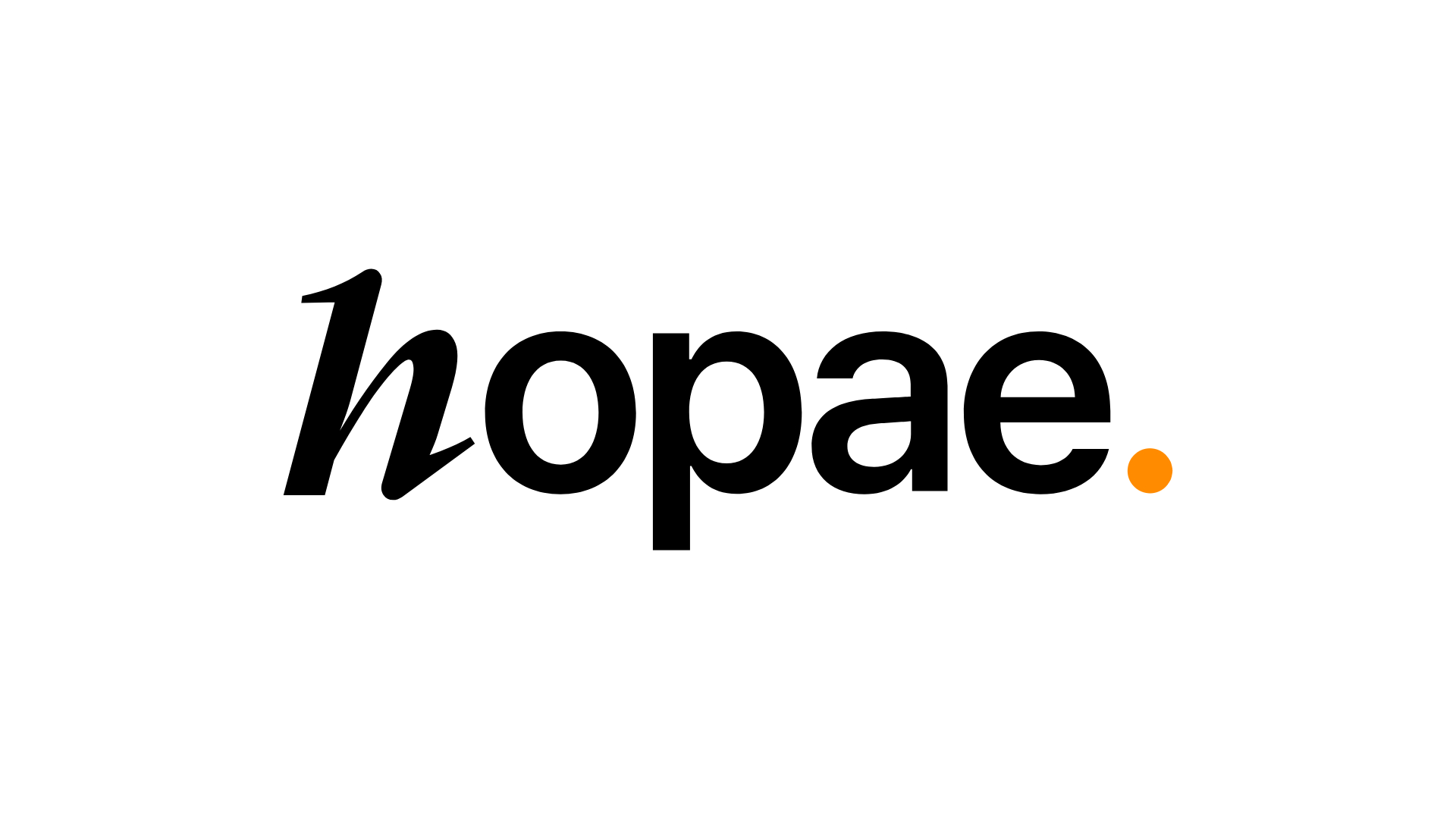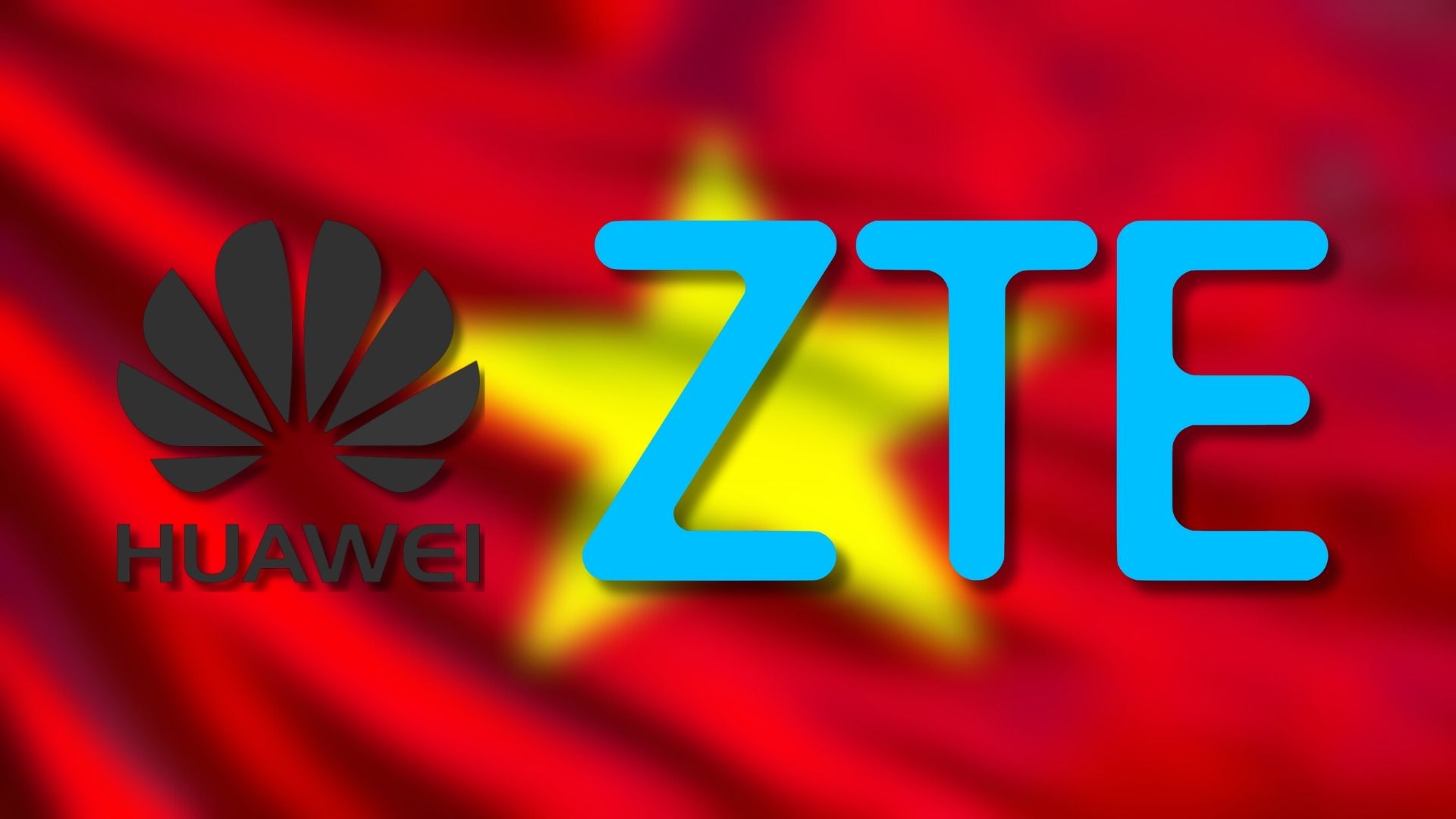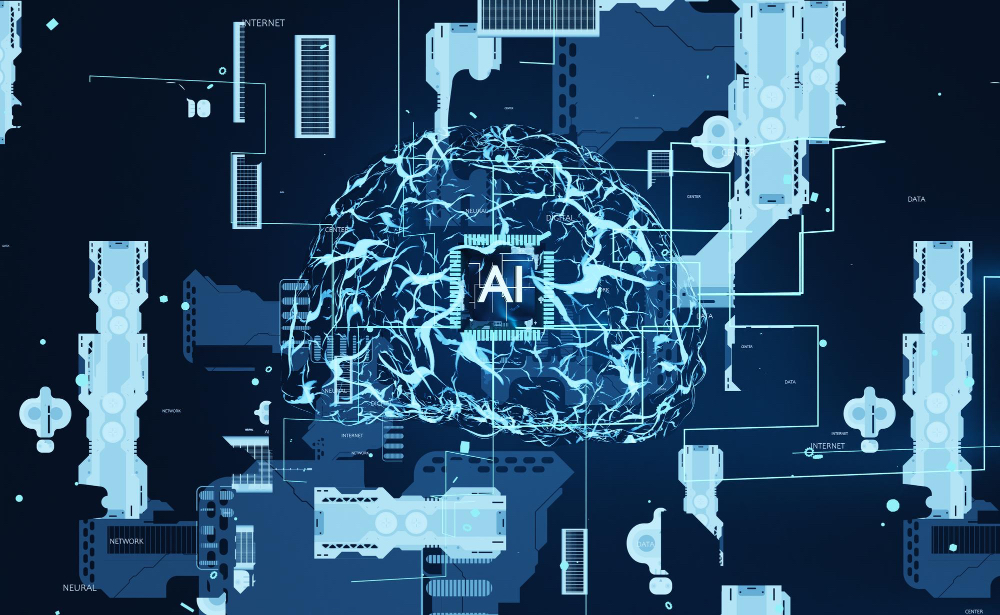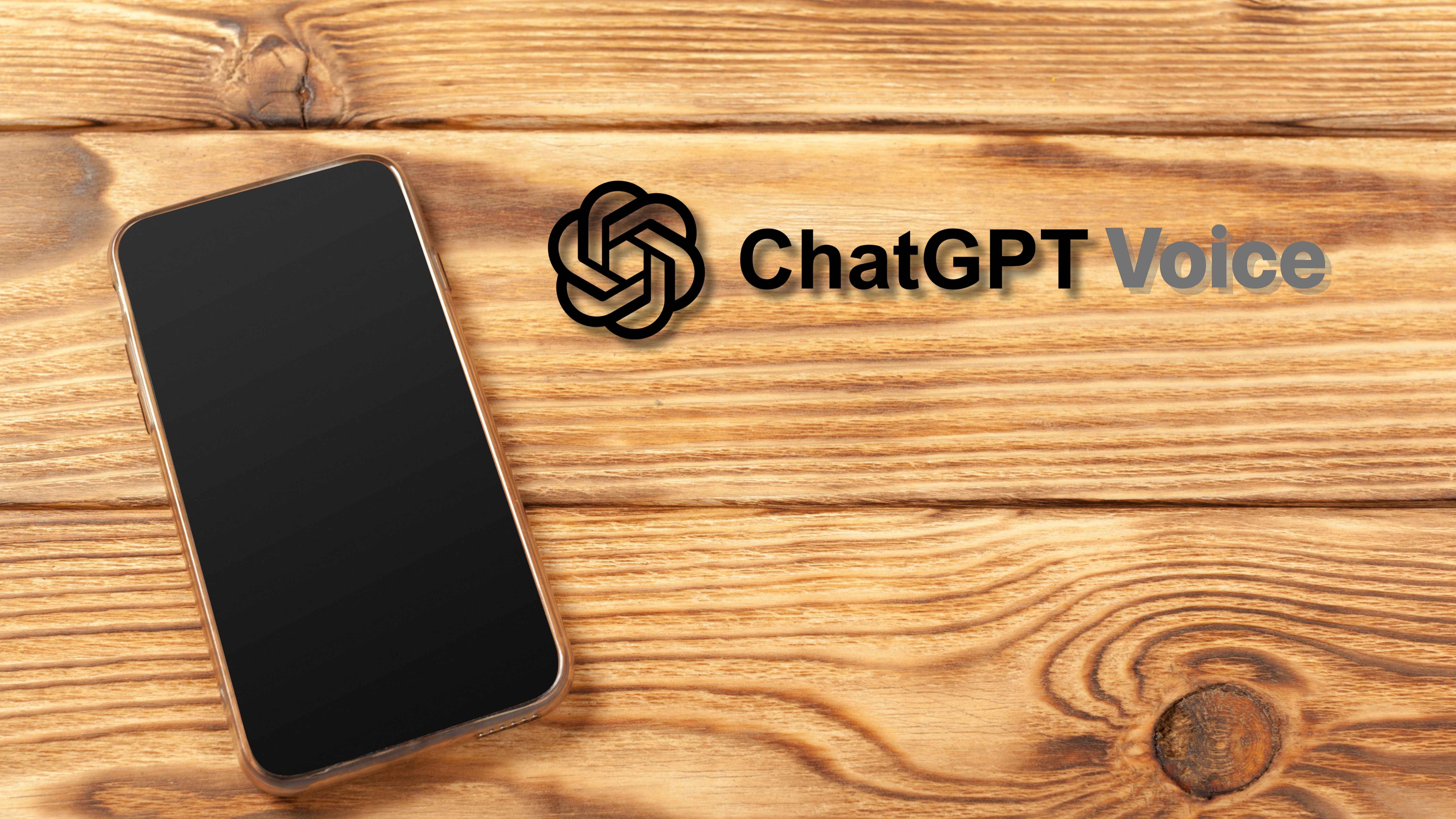The presence in Greece is expanding as Salesforce increases its investment and introduces AgentForce in the Greek language.
Salesforce works with major Greek groups such as Motor Oil and OPAP and plans to enter more sectors, including banking and insurance. Senior executives view Greece as a market with strong potential for broader adoption of AI tools.
Executives at the company highlighted growing interest among Greek firms that are already testing or deploying AI agents to support customer services and internal operations.
Robin Fisher, Senior Vice President for the EMEA Growth Markets, noted that the organisation has doubled the number of staff supporting the Greek market over the past two years and intends to continue increasing its investment every three years or sooner.
He also pointed to the presence of Energy Cloud in Greek enterprises and the rapid development of new AI agents for local clients.
The introduction of AgentForce in the Greek language is expected to help companies manage processes more efficiently and support a more profound digital transformation. The initial release covers AgentForce Service and Employee Agent, with broader availability planned for the future.
AgentForce Service operates as a constantly available customer service platform that can be adapted to any sector, offering faster issue resolution and more personalised assistance based on real-time data.
Its design enables full cooperation between employees and AI agents, providing a more effective service model.
Employee Agent functions as a proactive digital assistant that supports staff with daily tasks inside familiar environments, such as Slack or mobile devices. It can manage meetings, assist with onboarding, access internal knowledge and prepare summaries before client discussions.
Salesforce emphasises that the broader rollout of Greek language support will help organisations improve productivity and achieve greater efficiency by combining human expertise with automated capabilities.
Would you like to learn more about AI, tech and digital diplomacy? If so, ask our Diplo chatbot!









